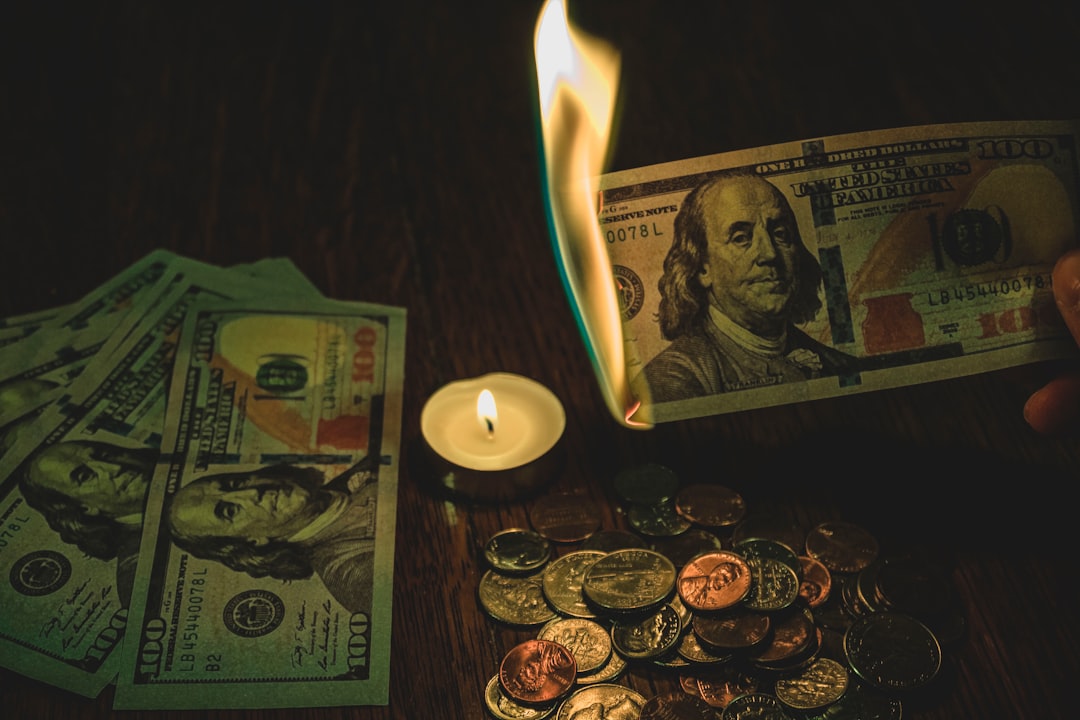The Great 401(k) Cash-Out: Why Your Retirement Nest Egg Is Becoming America's New ATM

The very definition of a retirement account is being rewritten before our eyes, and the implications are staggering. For decades, the 401(k) has been the bedrock of long-term financial planning for millions of Americans—a sacred nest egg meant to be left untouched until the golden years. Now, that foundation is cracking as these accounts are increasingly treated like emergency piggy banks.
A new report has unveiled a dramatic and paradoxical trend: while more Americans are contributing to their 401(k)s than ever before, they are also raiding them at an unprecedented rate. The numbers are startling. According to recent data from Vanguard Group, 2024 has set a grim new record, with a staggering 4.8% of workers taking a hardship distribution from their retirement plans. This isn't just a minor uptick; it's the highest figure ever recorded, signaling a wave of financial distress forcing people to sacrifice their future for their present.
But the bleeding doesn't stop with hardship withdrawals. An even more alarming trend is emerging among those switching jobs. Nearly one-third of employees who leave their position are choosing to completely liquidate their 401(k) accounts. Instead of rolling the funds over into a new retirement plan or an IRA, they are cashing out, willingly paying hefty income taxes and steep early-withdrawal penalties just to get their hands on the money. This decision effectively detonates years of compound growth and sets their retirement timeline back to square one.
What's fueling this great cash-out? While economic pressure is the primary driver, a significant contributing factor is a shift in policy. Lawmakers have progressively eased restrictions, making it simpler for individuals to dip into their retirement savings. What may have been intended as a compassionate safety net is now contributing to a fundamental change in financial behavior.
This convergence of economic hardship and easier access has triggered what The Wall Street Journal calls a "sea change" in the American financial landscape. The 401(k) is no longer just a retirement vehicle; it's pulling double duty as a high-stakes emergency fund. The critical question we must now ask is: if our primary tool for long-term savings is being constantly drained to cover short-term crises, what will be left for retirement?


